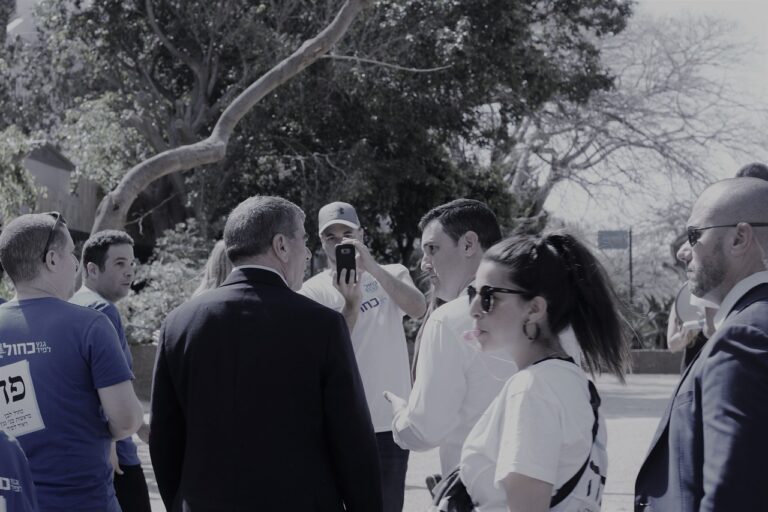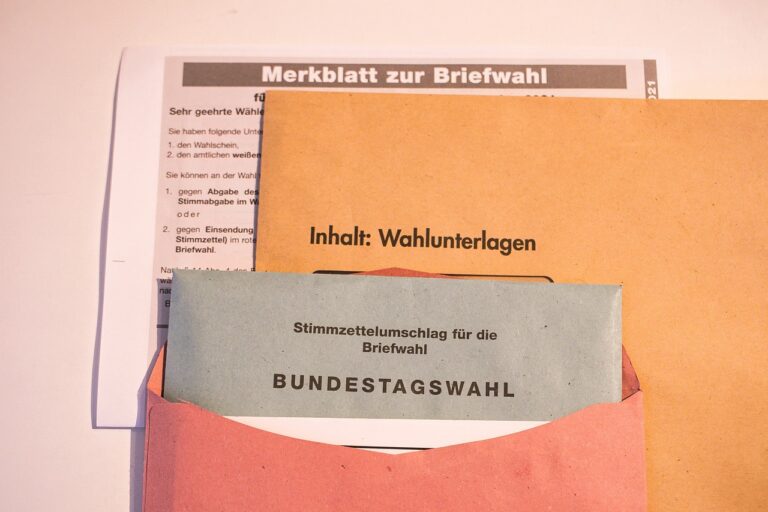Understanding the Impact of Social Media Echo Chambers on Voter Perception
Social media platforms have revolutionized the way people consume information and interact with others. While they offer a vast array of perspectives and opinions, they have also given rise to echo chambers. These echo chambers are virtual spaces where individuals are surrounded by like-minded people who reaffirm their beliefs and viewpoints. As users engage more with content that aligns with their own opinions, they inadvertently limit their exposure to diverse ideas and perspectives.
The proliferation of social media echo chambers has led to increased polarization and division within society. Rather than fostering open dialogue and understanding, these platforms have created silos where individuals are insulated from dissenting opinions. Users often find themselves in a bubble where their beliefs are constantly reinforced, leading to a skewed perception of reality. As a result, echo chambers can amplify extreme views and misinformation, further entrenching individuals in their own ideological camps.
This phenomenon can lead to a lack of critical thinking and empathy towards differing viewpoints
Echo chambers may contribute to the spread of fake news and misinformation
Social media algorithms play a significant role in creating and reinforcing these echo chambers by showing users content that aligns with their existing beliefs
The impact of social media echo chambers extends beyond the digital realm, influencing real-world interactions and political discourse.
How Echo Chambers Influence Voter Perception
Voter perception is significantly swayed by the presence of echo chambers in the realm of social media. When individuals are consistently exposed to information that aligns with their preexisting beliefs and values, it solidifies their stance on various political issues. In these echo chambers, conflicting viewpoints are often dismissed or discredited, leading to a reinforcement of the voter’s original opinions.
Moreover, the continuous validation of one’s beliefs within these closed networks can create a sense of false consensus among voters. As they are predominantly exposed to content that mirrors their own ideologies, individuals may overestimate the prevalence of their views in the broader population. This can foster a skewed understanding of public opinion and contribute to the polarization of political discourse.
The Role of Confirmation Bias in Echo Chambers
Confirmation bias plays a pivotal role in the formation and perpetuation of echo chambers within social media platforms. This cognitive bias leads individuals to selectively seek out, interpret, and remember information that confirms their existing beliefs or biases. Within an echo chamber environment, confirmation bias amplifies the polarization of perspectives by reinforcing preconceived notions and filtering out conflicting viewpoints.
As individuals engage with like-minded individuals and consume content that aligns with their beliefs, confirmation bias deepens the divide between differing ideologies. By gravitating towards information that validates their viewpoints while dismissing or discrediting contrasting opinions, individuals within echo chambers become more entrenched in their own perspectives. This insular behavior not only hinders critical thinking and open dialogue but also exacerbates societal divisions as echo chambers further solidify individuals’ existing belief systems.
What is confirmation bias?
Confirmation bias is the tendency for individuals to seek out information that confirms their preexisting beliefs or opinions while ignoring or dismissing information that contradicts them.
How do echo chambers contribute to confirmation bias?
Echo chambers are environments, such as social media or online forums, where individuals are only exposed to information and opinions that align with their own. This reinforces confirmation bias by providing a constant stream of validation for existing beliefs.
How can echo chambers influence voter perception?
Echo chambers can influence voter perception by shaping the information individuals are exposed to, leading them to only encounter viewpoints that align with their own. This can result in polarized views and a lack of consideration for alternative perspectives.
What are the potential consequences of confirmation bias in echo chambers?
The potential consequences of confirmation bias in echo chambers include increased polarization, decreased critical thinking, and a lack of understanding or empathy for differing viewpoints. This can lead to a more divided and fractured society.
How can individuals break out of echo chambers and combat confirmation bias?
Individuals can break out of echo chambers and combat confirmation bias by actively seeking out diverse sources of information, engaging with individuals who hold different perspectives, and being open to considering alternative viewpoints. It is important to critically evaluate information and be mindful of the influence of bias.





